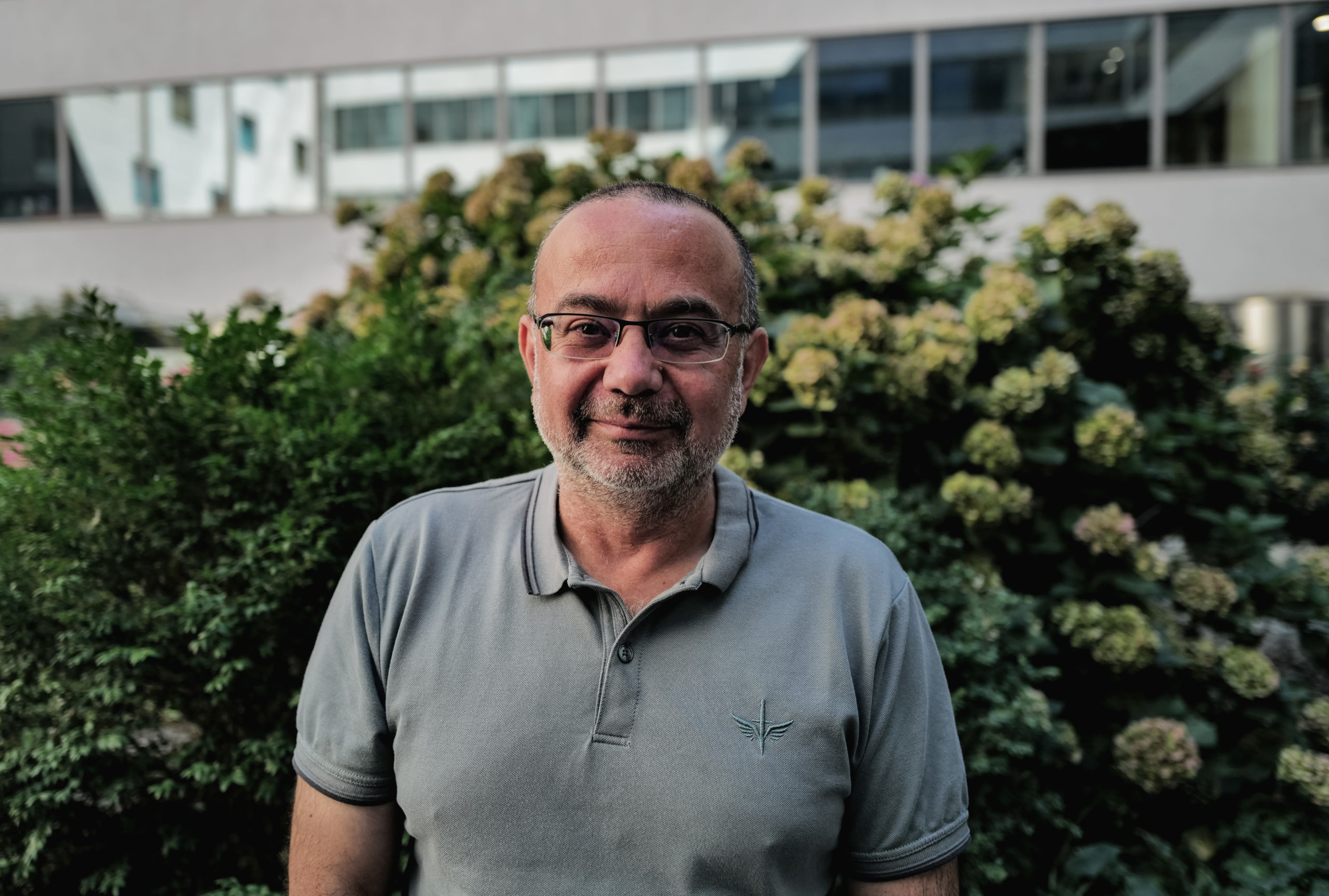Russia has intruded into the sovereignty of other states several times. In August 1968, instructions came from Moscow for Warsaw Pact troops to intervene in Czechoslovakia. In 2014 and 2022, the Russian army invaded Ukraine. Are these historical moments similar in any way? We asked a political geographer Michael Romancov, who lectures at universities and focuses, among other things, on the history of international relations. “The war that is currently taking place shatters the revivalist narrative claiming that the Slavs have a peaceful nature, they do not wage wars against anyone, and the naturally aggressive people are the Germans, who have always oppressed the Slavic element. Nowadays, we can clearly see that a Slav is not a brother to another Slav – on the contrary,” he opens.
Shocking use of physical force
Both in 1968 and 2022, many experts were surprised that Russia did not hesitate to use physical force. “When tanks, then mainly from the USSR, entered Czechoslovakia, Soviet communism lost its reputation even among Western European left-wing intellectuals,” says Romancov. The actions of the USSR were condemned by the Italian, French and German communist parties, which were among the largest and strongest in Europe. And also by many educated people who sympathized with them.
Even in the 21st century, Russia has not learned its lessons. It continues to lose the favor of political elites and the public due to its aggressive outbursts against other states. “Nowadays, you would not find one European statesman – except for absolute political garbage – that would support Russia. Even people like Marie Le Pen, the leader of the French nationalist National Rally, or Mateo Salvini, the leader of the Italian Lega Nord, gave up on Putin’s aggression. Even Miloš Zeman can no longer support the actions of Russia. Although in 2014, after the annexation of Crimea, these people did not fundamentally condemn Russia’s actions,” says Romancov.
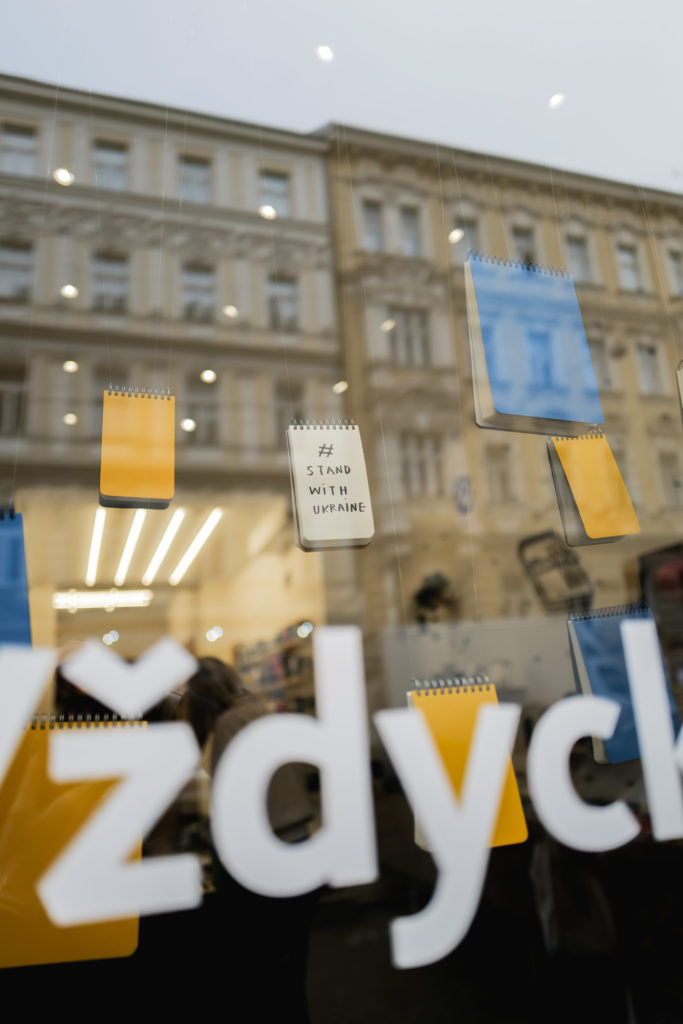
The (un)predictable conflict
In 1968, most of the political elites did not expect Russia to intervene militarily in Czechoslovakia. “In 1956, the Soviets invaded Hungary, but the Czechoslovak communists were convinced that the Hungarian scenario would not happen to them, because they were avoiding all the mistakes that the Hungarians made,” states Romancov. Communist Party officials have consistently said that they will not leave the Warsaw Pact or withdraw from the Council for Mutual Economic Assistance, which controlled the economy of socialist states. They claimed that although Czechoslovakia wants to build socialism on its own, it continues to stand on the side of the Soviet Union. “But still, it wasn’t enough, and Russia intervened. Putin prepared a similar surprise to the world in 2014. At that time, Ukraine was not heading for NATO, which is a thorn in the flesh of the Russian Federation. The series of demonstrations at the time and the Maidan itself was about relations between Ukraine and the European Union, with which Moscow allegedly had no problem.”
In 2022, Michael Romancov was one of those who claimed – and who firmly believed, until the very last moment – that Russia would not resort to a military solution in Ukraine again, because the consequences would be too negative. “In 2014, Putin already had the chance to see that most of the world would not accept his interventions in other states. Sanctions were imposed on Russia, although I believe they were too forgiving and incomplete. However, they began to damage the country,” recalls the political geographer. Still, Putin attacked Ukraine again. The world should have prepared better after having the experience of Crimea and knowing what the Russian Federation is capable of. “Over the past seven years, we have seen the direction that Putin’s regime is taking. That it is less and less pretending to be pluralistic and democratic, that it is less and less committed to Europe. We should have reacted to the change, which unfortunately did not happen,” Romancov contemplates.
On the other hand, according to Romancov, the Ukrainians began to pay close attention to their military forces after the events in Crimea. “The attack that came in February 2022 was, of course, shocking. Even for the Ukrainians. But unlike in 2014, Ukrainian forces, led by political elites, immediately began to resist. If they had believed, as the West did, that Putin had had enough, independent Ukraine would not exist today. Everyone likely knows by now that Putin’s Russia is an actor that cannot be negotiated with.”
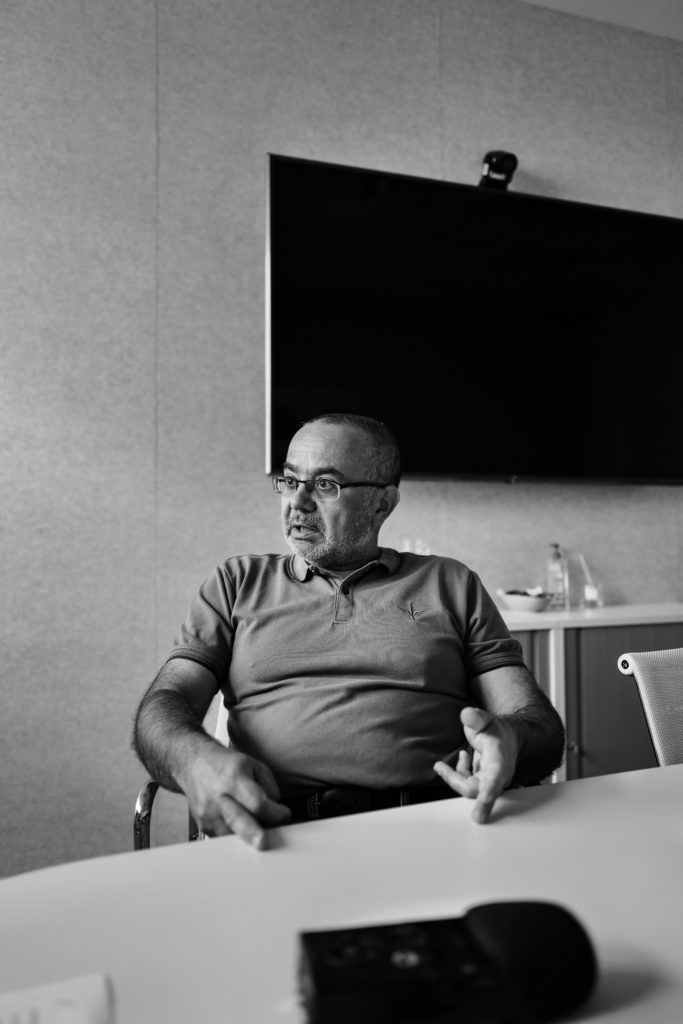
Massive refugee waves
Aggressive attacks by both the Soviet Union and the Russian Federation have caused enormous waves of migration. According to the magazine Paměť národa (Memory of the Nation), 250,000-300,000 people emigrated from Czechoslovakia between 1968 and 1989. Most of them did not return. Hundreds of thousands of people relocated within Ukraine or fled abroad in 2014 as well.
In 2022, the world is experiencing a significantly stronger migration wave caused by Moscow. According to the United Nations, there are more than 7 million Ukrainian refugees in Europe, and based on data from June 2022, over six million people have relocated within Ukraine. So far, mainly women and children are leaving, but the question is how strong the migration wave will be if men between the ages of 18 and 60 can also leave the country. We also don’t know how many people will return to Ukraine. “It is likely that those who have worked in other countries before and had a positive experience will not return. It is not yet possible to estimate how many people it will be,” says Romancov.
The outflow of intellectual elites, a common feature of most refugee crises, has also played into Russia’s hands in 1968 and today. “But the same phenomenon can be observed in the Russian Federation. Russians are not leaving because Ukrainian bombs or weapons drive them out, but because part of them can no longer live in a state ruled by criminals,” Romancov explains. The exact number of Russians who have left the country is not yet known, but we are speaking about hundreds of thousands to millions of people.
The first to flee are usually young, educated, and wealthier people who speak different languages, have graduated from high school or university, and thus have a great chance of finding a job anywhere in the world. People with reduced mobility, such as young children and their parents, the elderly, ill people, and citizens living in rural areas often stay in place. “For Ukraine, the outflow of people is a great loss. We will see how much skilled labor will return once the conflict mitigates or stops. There will certainly be Ukrainians who will become rich abroad and then they may decide to return home. But we will see how Ukraine will develop politically. Even before the war, the country was plagued by corruption and poor law enforcement. These problems will not disappear once the war ends,” warns Michael Romancov. As an example of how a country can change its position, he mentions Ireland, located in the very west of Europe. “We tend perceive the West as advanced and wealthy. But Ireland used to be extremely poor in the past centuries and many people left the country.” The Irish diaspora still comprises of millions of people around the world. “Ever since the 1970s, however, the country began to change dynamically, and nowadays, it is a stable democratic society. Partly because it became funded by European money, but also because a huge amount of Irish people, especially from Canada, the US and Australia, came back when they saw that their home country was changing for the better. A similar scenario may also happen in Ukraine,” Romancov adds.
Whose tank is that?
In 1968, the Soviet Army marked its vehicles with white stripes so that they could be easily identified. Even now, the Russians distinguish their machines from those of the “enemy” – for instance by using the letters Z, V or O.
Violation of human rights
In 1968, 2014 and 2022, Russia was repeatedly accused of violating human rights. What is the country’s historical relationship to them? “Law has always been a ‘Cinderella’ in Russia, whether in the Tsarist and Soviet periods, or nowadays,” Michael Romancov claims. “Moscow has always had a huge issue with the term ‘human rights’.” For example, the Soviet bloc, including Czechoslovakia, never signed the UN’s Universal Declaration of Human Rights, adopted on 10 December 1948.
The USSR had only taken human rights more seriously as part of the Helsinki Conference on Security and Cooperation in Europe in 1975. At that time, thirty-five countries, including the USSR, committed themselves to respect human rights by signing the final act. But that was not the reality. In response to the continuous violation of human liberties, Charter 77 initiative was founded two years later in Czechoslovakia.
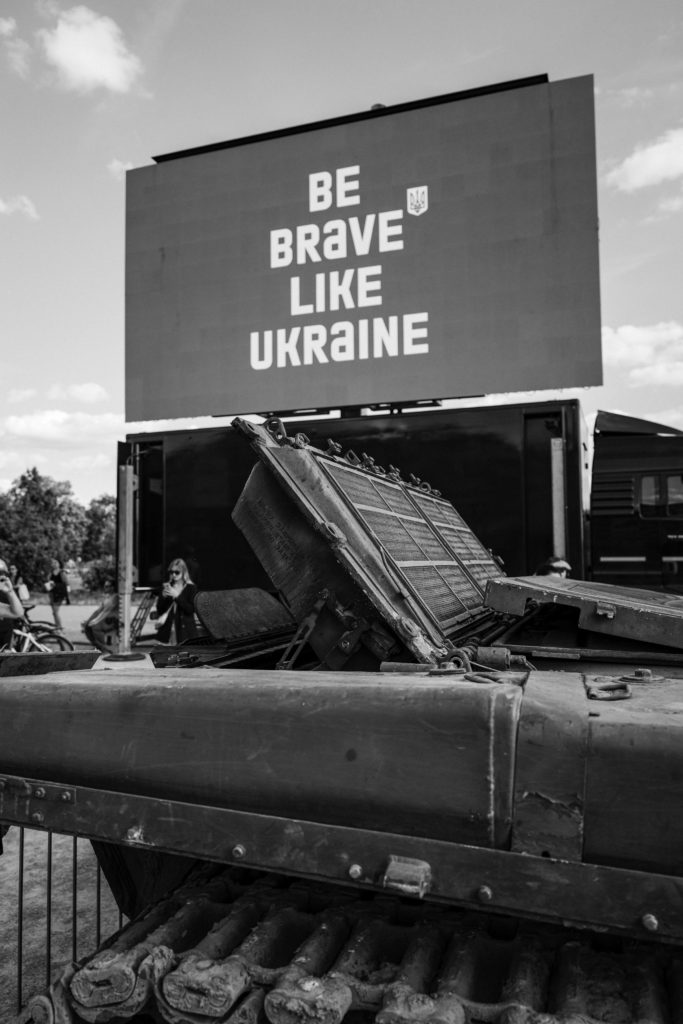
The issue of human rights was discussed again shortly after, starting with Gorbachev’s activity in the 1980s. “Even then, the Soviets still talked about human rights in their own vocabulary. It was unacceptable for them to say that the West came up with rights and they simply accept them. They spoke instead of universal human values, within which social rights stood supreme – that is, that everyone had the right to work. Only then did other individual rights follow. That is when the space for dialogue began to emerge, but the period was so short that the topic never matured enough,” political geographer Michael Romancov adds. After the collapse of the Soviet Union, Russia referred to European values from time to time, but its relationship with Europe continuously deteriorated.
Until March 2022, Russia was part of the Council of Europe and the European Court of Human Rights handled hundreds of cases of human rights violations in the Russian Federation each year. However, the Council excluded the country over its invasion to Ukraine. “Back in 2014, it was already discussed that Russia had violated international peace and must be sanctioned. One of the sanctions was supposed to be the expulsion of Russia from the Council of Europe, but there were rumors saying that if such action takes place, Russian citizens will lose their only chance to claim their rights,” Romancov explains. But Russia itself took that away from its people in 2020, when it amended its constitution and made it superior to international law. “Moscow has created a quasi-legal environment for itself in order to push aside lawsuits heading to the European Court of Human Rights,” Romancov summarizes.
How long will the war in Ukraine last?
According to Michael Romancov, the war will last at least several months or years, in varying intensity. “I would be surprised if we will not mark the anniversary of the invasion on February 24, 2023. For now, Russia has enough physical strength and ammunition to continue the fight. At the same time, it doesn’t seem that Ukraine is able to completely dislodge Russia.” Concluding a peace treaty that would allow the two countries to exist side by side? Unlikely, Russia cannot be trusted. “Moscow would probably abide by the terms only if it was militarily defeated, which I assume will not happen. It looks like we will see a more or less problematic relationship that we won’t even be able to define properly, and that from time to time, one side or the other will use force. It will be a protracted war, but its intensity will hopefully decrease steadily.”
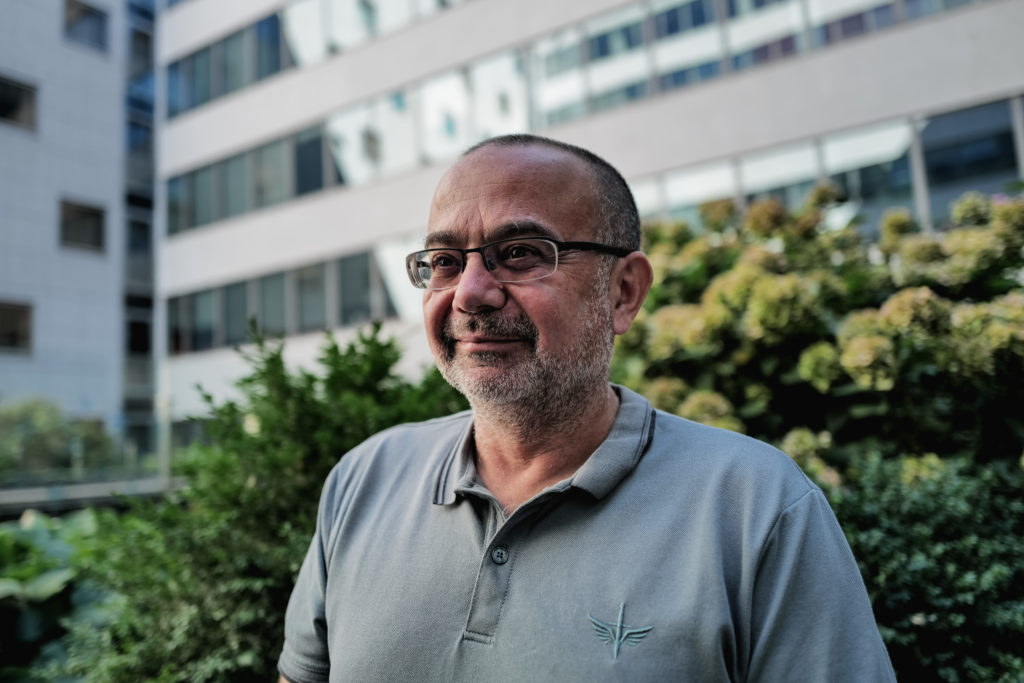
Michael Romancov, PhD.
Political geographer, scholar, and publicist. He works at the Department of Political Science, Institute of Political Studies, Faculty of Social Sciences, Charles University, and at the Metropolitan University in Prague. He contributes to a number of Czech periodicals. He is a graduate of the Faculty of Education, Faculty of Arts and Faculty of Social Sciences of Charles University and the author of several publications. He is fluent in English and Russian.
